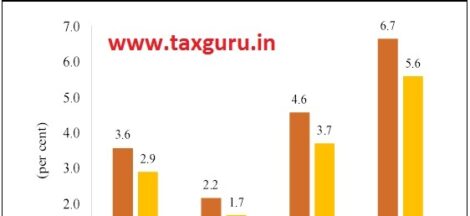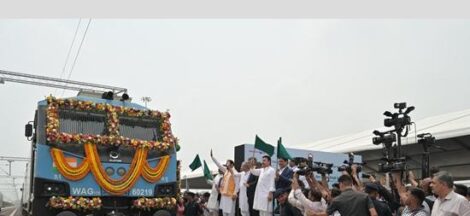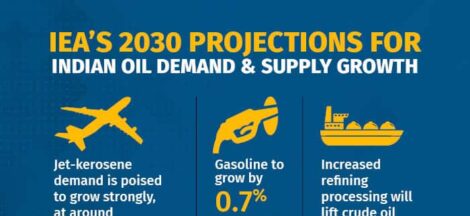India will oppose any move by the developed world to get any non-trade issue like labour and environmental standards included in the formal talks at the World Trade Organisation (WTO) during the 13th ministerial conference of the global trade regulating body scheduled this month-end at Abu Dhabi.
Developed countries are also pushing to include issues like women’s economic empowerment in the WTO agenda. India is of the view that these are social and domestic matters and there specialised conventions of the UN to discuss these, a senior official said.
“We will not agree to any work program. We will agree to discussions to promote sustainable development, but our rights and obligations should not be impacted,” the official added.
“Issues like environment and labour are non-trade issues. These are non-negotiable at WTO. We are sticking to that stand. There are specialised bodies where these issues should be discussed. These are not trade issues, but have a trade implication,” the official, who did not wish to be named, said.
For years, the developed countries have been trying to bring environment and labour standards to the WTO. If these issues get into the WTO, non-adherence of standards by developing countries can be legitimately used as a tool by developed countries to curb imports.
A major trade and economic bloc like the European Union (EU) has already gone ahead and implemented carbon tax or Carbon Border Adjustment Mechanism (CBAM), that gives the member countries the right to impose import duties beyond what they have agreed to at the WTO.
Apart from CBAM, the EU has other regulations like those related to deforestation that will specifically target agriculture exports to the bloc. India has already submitted a paper at the WTO in May last year against the use of environmental concerns as a protectionist tool. Other members of the WTO like China, Russia and Brazil have also opposed these measures.
“Such measures may not only violate the rules of the WTO but also have systemic implications for the international law as a whole, since unilateral action undermines multilaterally-negotiated rights and obligations of countries,” the official added.
Trade ministers of 164 countries will gather at Abu Dhabi from February 26-29 for the 13th ministerial conference to deliberate on issues such as agriculture, digital trade, the fisheries sector and patents in health emergencies. MC is the highest decision-making body of the WTO.
The General Council (GC) meeting of the WTO on February 14 will finalise the agenda for the ministerial conference. The GC comprises top officials of WTO member countries. On CBAM, the official said that India is engaging with the EU to deal with the matter and also preparing its domestic industry to comply with the norms.
“We are engaging with the EU to find out how we can comply with that and how our industry and trade do not suffer from this tax,” the official added.



